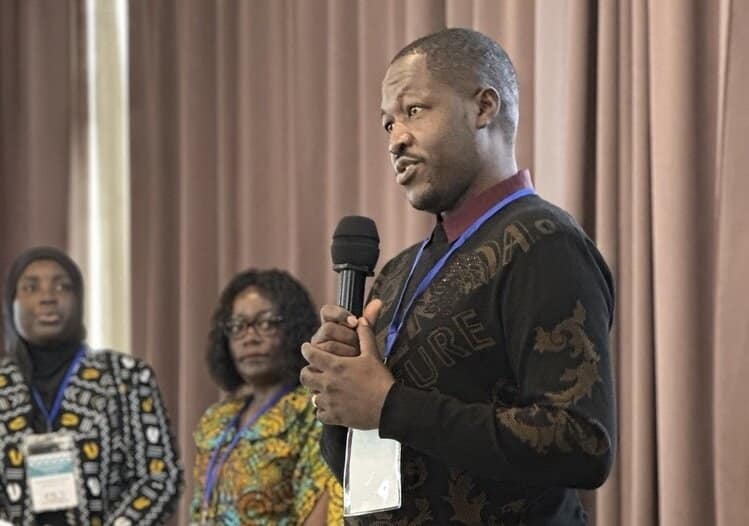The Johns Hopkins Bloomberg School of Public Health Center for Communication Programs (CCP) is pleased to share new research on the direct and indirect effects of a community capacity strengthening program in Zambia. Findings are published in International Quarterly of Community Health Education.
In collaboration with the Ministry of Health of the Government of Zambia, the Health Communication Partnership Zambia (HCPZ) designed and implemented activities aimed at supporting a multi-sectoral response to address health needs in Zambia. The goal of the five-year project, which ended in December 2009, was to support individuals and communities to take positive health actions by strengthening community-based systems and networks, mobilizing religious and traditional leaders, engaging youth and promoting positive gender norms.
“Community capacity is an evolving concept that has gained increasing attention over the past two decades among policy makers and practitioners involved in social and economic development,” explained Carol Underwood, Senior Research Associate at JHU∙CCP. “It refers to individual and aggregate strengths of members to overcome barriers and find or cultivate opportunities to improve the overall wellbeing of a given community as well as that of individual community members.”
The project acted as a catalyst to strengthen community capacity by training community members to recognize and utilize health services, identify health problems and develop action plans to mitigate those problems, recognize when they should seek to mobilize internal or external resources, and, ultimately, increase health-enhancing actions.
CCP researchers found that the intervention had direct effects on community capacity. Enhanced capacity was associated with taking community action for health. Community capacity also had a significant effect on women’s contraceptive use, children’s bednet use and HIV testing.
An adult male focus group participant explained, “[We] worked together, cooperated with one another, and in the end we achieved out goal: reduction of HIV/AIDS in our community. So we are united.”
The results indicate that building community capacity serves as a means to improved health behaviors and collective action for health, both of which are essential to overall wellbeing.
HCPZ was implemented in 22 districts located across the nine provinces of Zambia. Within each selected community, four focus group discussions (FGDs) and three or four semi-structured interviews (SSI) were held. A total of 72 adult women, 87 adult men, and 16 minors took part in 16 FGDs.
Authors include Underwood, Marc Boulay, Gail Snetro-Plewman, Mubiana Macwan’gi, Janani Vijayaraghavan, Mebelo Namfukwe and David Marsh.





